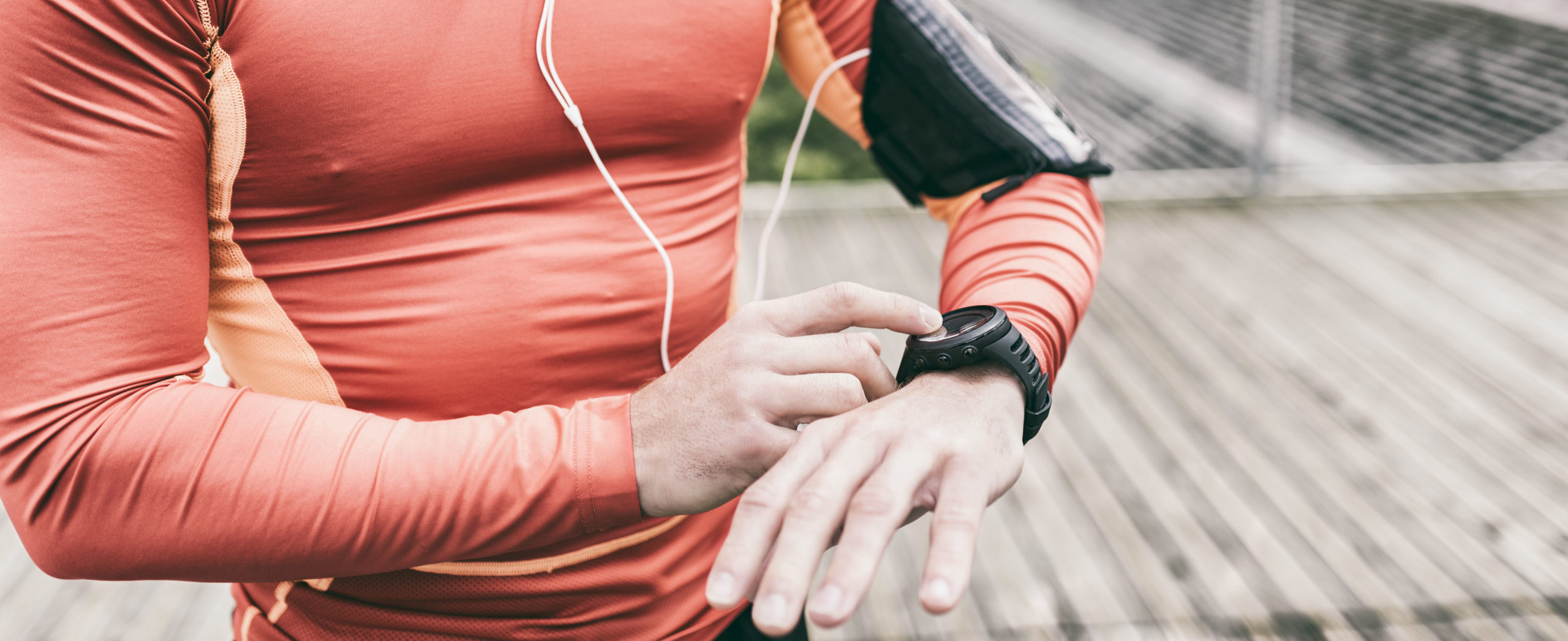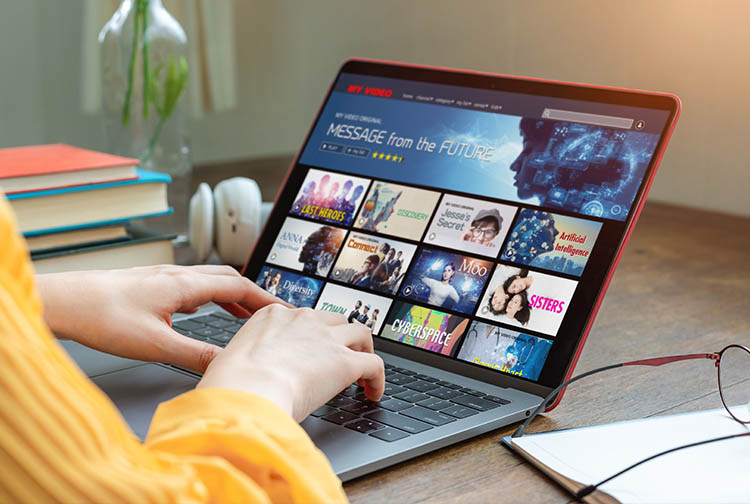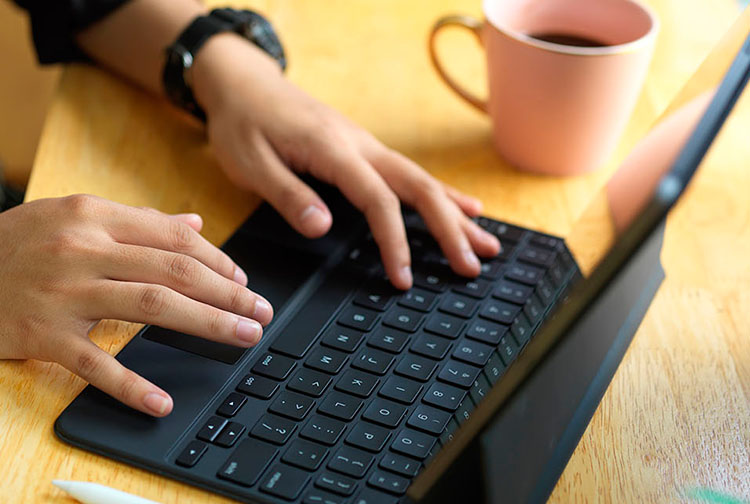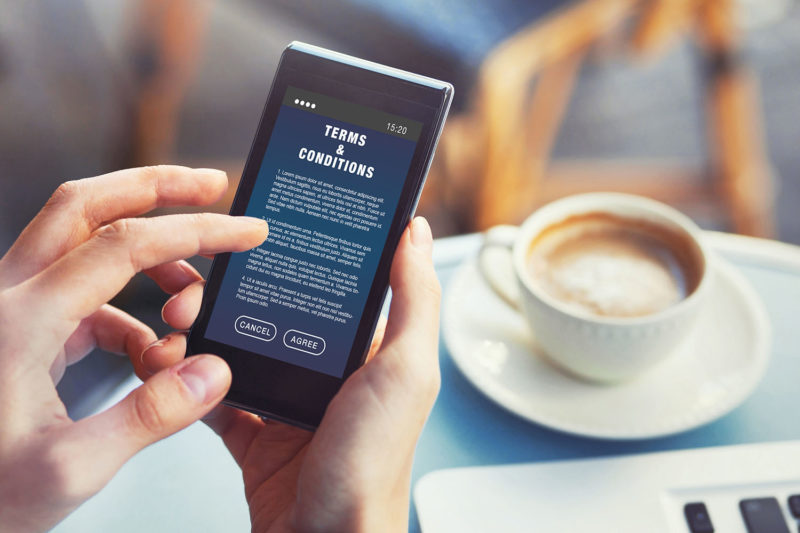

Health apps: are they safe?
There are now more mobile devices in the world than people. Mobile phones have changed the way we live, work, communicate and even our quality of life, wellbeing and health.
An app is a standalone piece of software that is made to perform a specific task and is optimised for use on smartphones, tablets or smartwatches based on the features available. Health apps are known as mobile Health (mHealth), and according to the World Health Organization (WHO) it is a “delivery of health information and services using mobile technologies”.
What is a health application?
It falls within the field of eHealth, understood as the use of communication and information technologies applied to health services (computers, mobile phones, GPS, connected medical instrument monitors, medical robots, etc.). These are computer programmes that are used on mobile platforms and are often connected to medical devices that tell us how to improve our health or prevent risks. There are also diagnostic applications for treating patients or communicating with our healthcare system.
The European Commission states that medical and public health practice is compatible with mobile phones, patient monitoring devices, personal digital assistants and other wireless devices. It also includes in this category applications related to health information to the population, medication reminders sent by SMS, telemedicine, training and guidance systems and even lifestyle and wellness applications created with the aim of maintaining or improving the population’s healthy habits through the practice of sport and wellness.
How are they monitored and what quality criteria is used?
In Catalonia, a method for evaluating mobile health applications using objective variables, called iSYScore, has been used for some time now.
The criteria used by iSYScore to select the most suitable mobile health apps is based on the opinions of users, developers and health professionals, and is based on three key factors: popularity, trust and usefulness.
What are the problems with these applications?
Basically, the lack of loyalty. There are few apps that have achieved long-term stability. A study confirms that 70% of chronically ill people who have used them stop using them after six months. And 80% of apps are abandoned after only two weeks. To improve these figures, personalisation based on different profiles would be advisable. Each person is unique, and these apps act in a generic way.
Another problem to be faced is that of data ownership and data protection, as well as the loss of credibility the product may have if it doesn’t work for the first users who try it.
Tips for choosing a reliable application
- Be informed: Search and compare applications on search engines such as Google.
- Reviews: Search forums for user opinions.
- List of options: Choose between 4 or 5 applications.
- Reliability: Make sure they are based on scientific evidence, and a good place to do this is to look for references in PubMed (National Center for Biotechnology Information).
- Test: It would be advisable to test (try out) the application with a friend. If, for example, you suffer from insomnia, it is important that your friend does not suffer from insomnia so that you can share how it went.
- Who is behind it? To be a quality (reliable) application, it is important that technicians, health professionals (who will be different depending on the purpose of the product) and experts in legislation and data management have been involved in the process.
- Obsolescence: Clinical studies require time and in the world of new technologies time passes very quickly and therefore needs to be taken into account.
Following these simple steps will ensure that the applications you use are quite reliable.
11Onze is the community fintech of Catalonia. Open an account by downloading the super app El Canut for Android or iOS and join the revolution!
Leave a Reply
You must be logged in to post a comment.





Gràcies
Bons consells oi, que comenci la cerca doncs!
Molt Bona info!, Merci!
Moltes gràcies, Edu . ^_^
👍
Gràcies, Joan! Ens veiem per La Plaça!
Gràcies per la informació.
Gràcies a tu Rosa Maria. Ens trobem a La Plaça.
Certament la tecnologia avança tan ràpid que molts cops la medicina queda enrederida ,cal la pena avançar en aquest camp i amb aquets consells vas més segur
Gràcies
💛